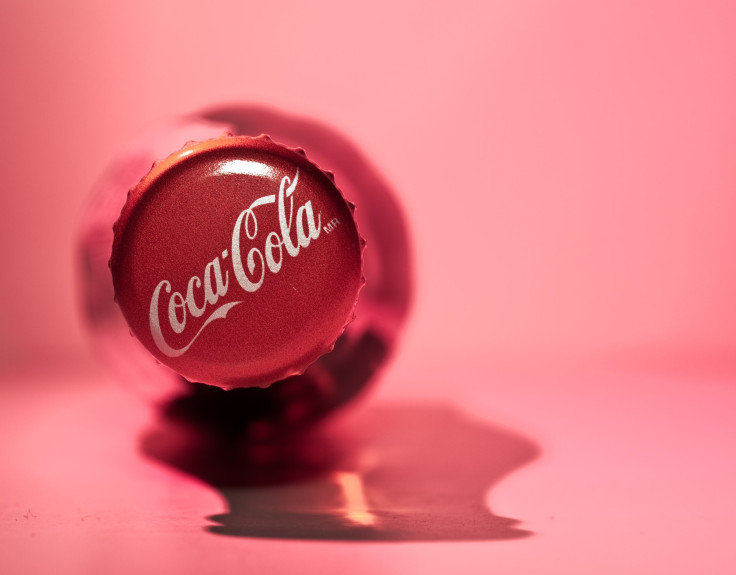Americans Prefer Mexican Coca-Cola To High-Fructose US Version; Is It The Better Choice?

Coca-Cola aficionados argue over which version is better: Mexico's or America's. The Coca-Cola bottled in Mexico has grown in recent popularity, and is even outselling the American counterpart in certain sections of New York. The difference is small, but significant enough to attract over 10,000 fans on the Mexican version's Facebook page.
The United States uses a cheaper sweetener, the highly controversial high-fructose corn syrup, instead of cane sugar, which Mexico uses. It's not new that Coca-Cola has been using high-fructose corn syrup (in fact, it's been using it since 1985), but the federal government provided subsidies to corn farmers, ultimately incentivizing the replacement of cane sugar.
Mexico is one of the top 10 producers of sugar cane, with Brazil, India, and China as the respective top three in the world. Cane agriculture accounts for more than 80 percent of the sugar produced, with the rest being from sugar beets. The refined product is more expensive to import into America than any other country, giving Mexico an edge when it comes Coca-Cola sugar cane production.
The Daily Mail recently conducted a survey to see if taste-testers could tell which version of Coca-Cola they were drinking. The testers, overall, reported that the Mexican version was more watered down, but tasted more "naturally sweet" as opposed to the American version, which was described as "sour and bitter." However, with the cups unlabeled, half the tasters said they preferred the Mexican Coke, while the other half liked the American version better.
Mexican produces say their product is purer because of the natural cane sugar, and claim that consumers can actually taste the difference. On the Facebook fan page, enthusiasts boast and say "it's better" and "ask anyone." Ever since farmers were offered the cheaper sugar replacement, high-fructose corn syrup has plagued consumer products from children's fruit drinks to loafs of bread, and as the levels of high-fructose corn syrup have increased, so have the levels of obesity. The known trend has led many researchers to investigate whether or not the two factors are correlated, or if it's just a simple coincidence.
According to Mayo Clinic, research has revealed that although high-fructose corn syrup is chemically similar to table sugar, such as Mexican Cola's cane sugar, it is still unknown how the body can handle high-fructose corn syrup, especially at such high and frequent quantities.
In Williamsburg, Brooklyn, residents are willing to pay $3.50 for Mexican Coke, as opposed to the $1.50 vending machine prices for the high-fructose versions. "Our customers actually love Mexican Coke. At first I thought it was just the hype or the nostalgia of the glass bottle, but after drinking it I realized there was something to all the madness," local store owner Adalis Velez, who sells the exclusive Mexican Coca-Cola, told Daily Mail.



























